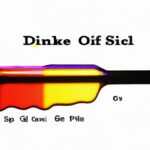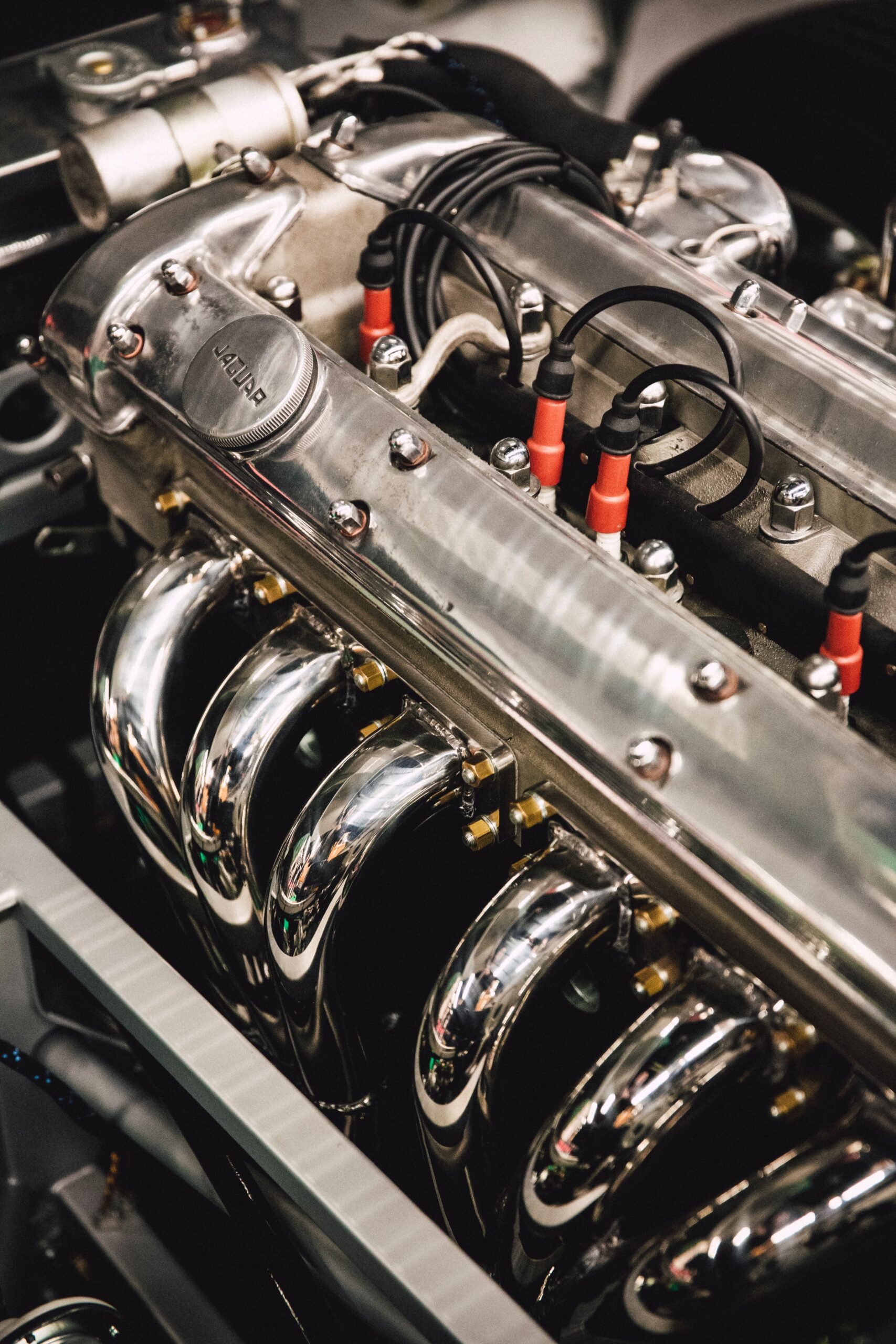What is the recommended frequency for oil change and filter replacement?
Why You Should Prioritize Regular Oil Change and Filter Replacement
Introduction
When it comes to maintaining the health and performance of your vehicle, one crucial aspect that should never be overlooked is regular oil change and filter replacement. These two maintenance tasks go hand in hand and play a significant role in keeping your engine running smoothly and efficiently.
Importance of Oil Change
Engine oil is the lifeblood of your car’s engine, serving numerous critical functions. Over time, engine oil breaks down and becomes contaminated with dirt, dust, and other impurities. This can hinder its ability to lubricate the engine’s components effectively.
Regular oil changes ensure that the engine oil is clean and free of debris, allowing it to provide optimal lubrication. This reduces friction and heat, preventing excessive wear and tear on the engine, and ultimately extending its lifespan.
Benefits of Regular Oil Change:
-
- Improved engine performance
-
- Enhanced fuel efficiency
-
- Reduced risk of costly repairs
-
- Improved overall reliability
-
- Optimized power output
Importance of Filter Replacement
The oil filter is responsible for capturing contaminants present in your engine oil. Over time, the filter accumulates dirt, particles, and sludge, becoming less effective at removing impurities from the oil.
Replacing the oil filter during each oil change ensures that the engine oil remains clean, improving its performance and extending its lifespan. A clogged or inefficient filter can lead to poor oil circulation, resulting in increased engine wear and reduced efficiency.
Benefits of Regular Filter Replacement:
-
- Improved engine protection
-
- Enhanced oil flow
-
- Prevention of sludge build-up
-
- Reduced risk of engine damage
-
- Increased longevity of engine components
When to Perform Oil Change and Filter Replacement
It is recommended to follow the manufacturer’s guidelines for oil change intervals, typically ranging from 3,000 to 7,500 miles, depending on the vehicle and type of oil used. However, certain factors, such as driving conditions, climate, and vehicle age, may necessitate more frequent oil changes.
Filter replacement is typically performed simultaneously with oil changes, some filters may have a longer lifespan. It is prudent to consult the vehicle’s manual or seek advice from a trusted mechanic for specific filter replacement recommendations.
Conclusion
Regular oil change and filter replacement are fundamental maintenance tasks for any vehicle owner. Neglecting these essential services can lead to decreased engine performance, reduced fuel efficiency, and costly repairs. By prioritizing routine oil changes and filter replacements, you can ensure the longevity and reliability of your vehicle’s engine, ultimately saving both time and money in the long run.

Buy now……https://viscus.in/









